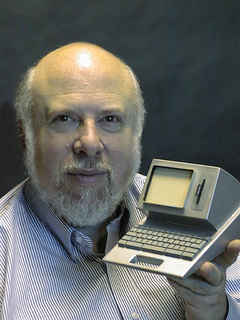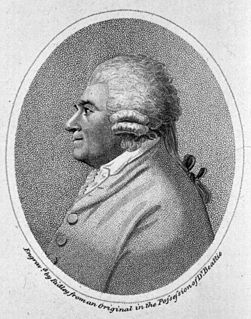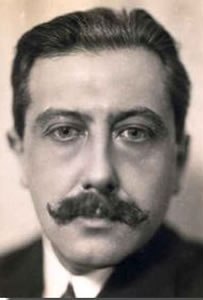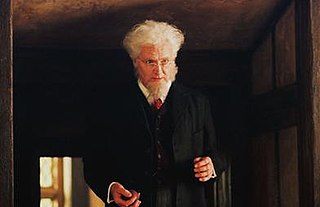A Quote by George Santayana
Related Quotes
Through Plato, Aristotle came to believe in God; but Plato never attempted to prove His reality. Aristotle had to do so. Plato contemplated Him; Aristotle produced arguments to demonstrate Him. Plato never defined Him; but Aristotle thought God through logically, and concluded with entire satisfaction to himself that He was the Unmoved Mover.
I am only a footnote, but proud of the footnote I have become. My subsequent work on eliciting principles and developing the theory of interface design, so that many people will be able to do what I did is probably also footnote-worthy. In looking back at this turn-of-the-century period, the rise of a worldwide network will be seen as the most significant part of the computer revolution.
It must be so,-Plato, thou reasonest well! Else whence this pleasing hope, this fond desire, This longing after immortality? Or whence this secret dread and inward horror Of falling into naught? Why shrinks the soul Back on herself, and startles at destruction? 'T is the divinity that stirs within us; 'T is Heaven itself that points out an hereafter, And intimates eternity to man. Eternity! thou pleasing, dreadful thought!
Modern man, seeking a middle position in the evaluation of sense impression and thought, can, following Plato , interpret the process of understanding nature as a correspondence, that is, a coming into congruence of pre-existing images of the human psyche with external objects and their behaviour. Modern man, of course, unlike Plato , looks on the pre-existent original images also as not invariable, but as relative to the development of a conscious point of view, so that the word "dialectic" which Plato is fond of using may be applied to the process of development of human knowledge.
Socrates: Have you noticed on our journey how often the citizens of this new land remind each other it is a free country? Plato: I have, and think it odd they do this.Socrates: How so, Plato?Plato: It is like reminding a baker he is a baker, or a sculptor he is asculptor.Socrates: You mean to say if someone is convinced of their trade, they haveno need to be reminded.Plato: That is correct.Socrates: I agree. If these citizens were convinced of their freedom, they would not need reminders.





































